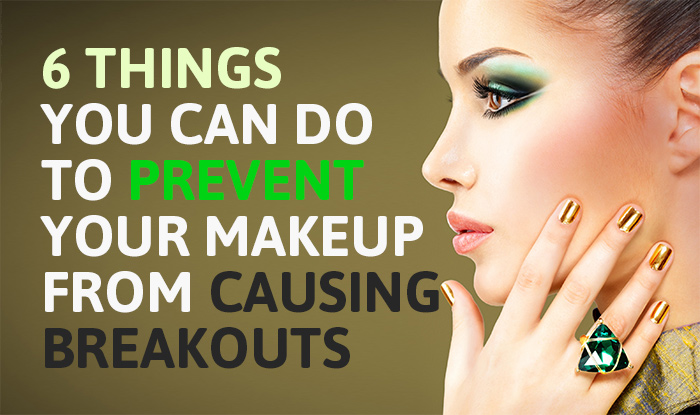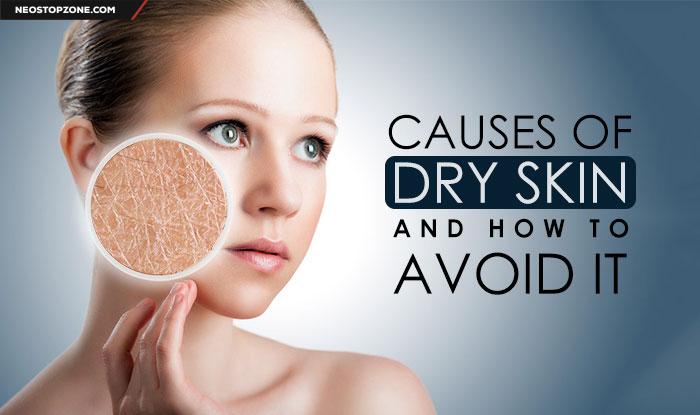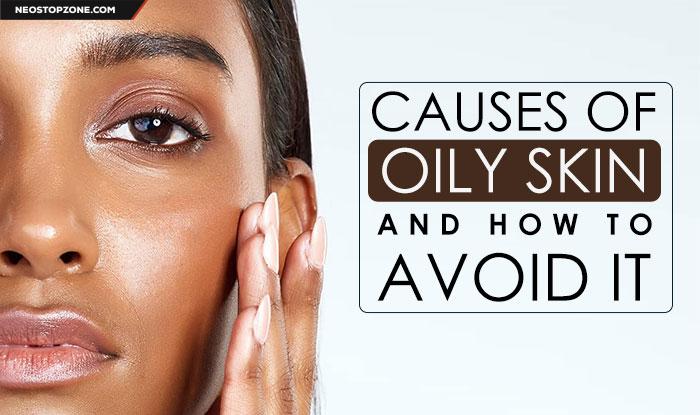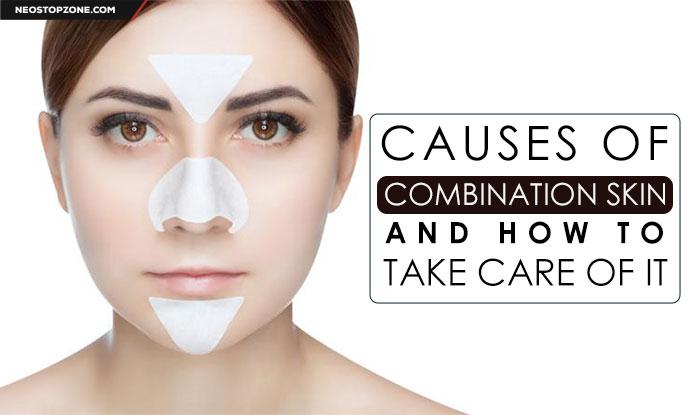Is Your Makeup Causing Acne?

Most teenage girls and adult women who suffer from acne develop a love-hate relationship of sorts with their makeup. You trust the one that helps you hide the acne scars that make you feel self-conscious.
On the other hand, makeup can actually create too many blemishes you’re trying to hide if you’re not careful.
How can you be sure that your makeup isn’t sabotaging your efforts to clear your skin? These six tips will help keep makeup from breaking you down.
1. Never sleep in your makeup
Every night before sleeping, make it a point to thoroughly but gently remove all traces of makeup from your face and neck. This reduces the chance that makeup will clog pores, and also removes dirt and excess oil that builds up on your skin throughout the day.
No need to scrub the skin. All you really need is a gentle cleanser and your hands or a soft washcloth.
After cleansing, if you have acne treatment medicines don’t forget to apply them.
2. Choose Makeup Labeled Non-Comedogenic
Non-comedogenic makeup does not contain ingredients known to clog pores. And reducing the number of pore blockages is a good place to start treating acne.
If you have very mild comedonal acne, sometimes changing to non-comedogenic makeup will improve your breakouts.
3. Clean Your Applicator Frequently
Half of the fight against blemishes is reducing the amount of acne-causing bacteria on your skin—and makeup brushes and applicators are bacteria magnets.
Wash all makeup brushes with antimicrobial soap at least once a week. For a quick, mid-week cleanse, spray your brush thoroughly with isopropyl (rubbing) alcohol to wipe off the excess alcohol and remove makeup with a clean paper towel.
Disposable makeup applicators are a great option, especially if you’re very busy and find it hard to find the time to clean your brushes.
4. Choose Powder Based Makeup Instead of Liquid
Although liquid makeup gives better coverage, many have an oil base. Definitely not something you want to apply to your acne-prone skin.
Instead, consider powder-based makeup. They feel light on the skin, and they have the added benefit of helping to absorb excess oil.
If you really like liquid makeup, no problem. Just make sure it is suitable for blemish-prone skin. It should be oil-free and non-pathogenic.
5. Try Switching Brands
If your acne starts getting worse after applying makeup for several days in a row, you may want to try a different brand. Some makeup formulations, even those labeled non-comedogenic, can cause breakouts in sensitive individuals.
If you feel like it, try another brand. Your skin may tolerate one better than the other.
6. Go Bare Whenever Possible
Leave your face makeup minimal at least a few times a week. Give your skin time to breathe and recover.
If you don’t feel comfortable going makeup-free all day, wash your face as soon as you get home. This will give your skin a few hours to bear every evening.
Makeup alone usually doesn’t make for a full case of inflammatory acne, so just keeping your skin bare won’t be enough to clear up your skin. The above tips are a good foundation for an acne treatment plan that will bring about real improvement in your skin.
If you’re not already using an acne treatment medication, whether OTC or prescription, it’s time to start. These will help you keep blemishes under control, and most can be used with your makeup.
Above all, try not to get discouraged. Finding what works for your skin is often a matter of trial and error. But with patience and time, your skin can heal. And you can feel confident with or without your makeup.



